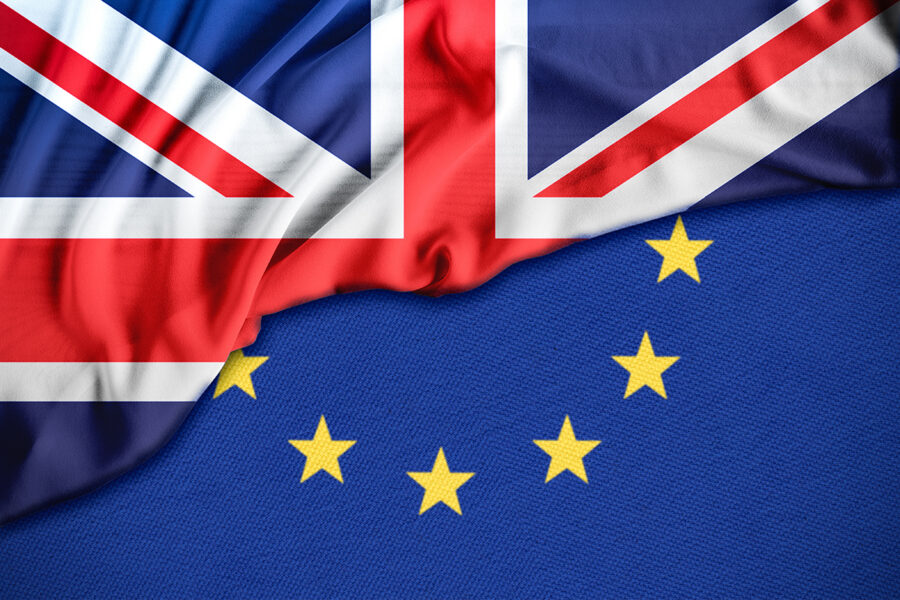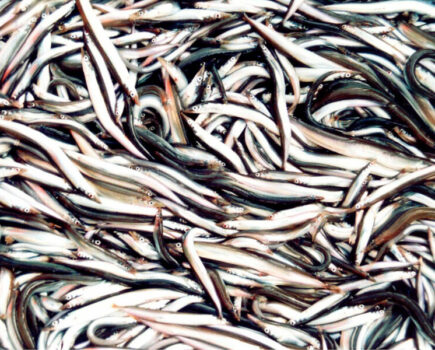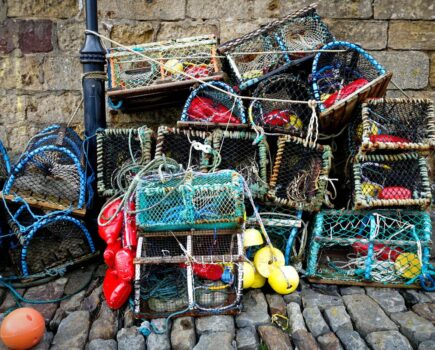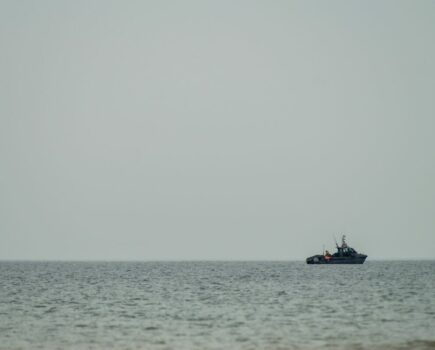Post-Brexit boost hopes for Northern Ireland
Industry leaders in Northern Ireland have welcomed the findings and recommendations in a new parliamentary report on the effects of Brexit on the province’s fishing industry, reports Tim Oliver
But they have criticised its failure to mention the Hague Preference mechanism that transfers quota to countries and regions deemed to be in special need, and that adversely affects Northern Ireland.
The report, by the Northern Ireland Affairs Committee, says the UK government must set out how it intends to redistribute fishing opportunities in UK waters after Brexit.
The committee said that while it welcomed the government’s intention to move away from relative stability quota allocations, its fisheries white paper was unclear about how a move toward allocations based on zonal attachment will change the status quo for the Northern Ireland fleet. And it says the NI industry needs more than quota increases for it to fulfil its post-Brexit potential and bring back full benefits to local communities.
Other issues highlighted in the report include ‘crushing manpower shortages’, the voisinage agreement with the Republic of Ireland, and the need for investment in infrastructure in ports and harbours.
Committee chairman Dr Andrew Murrison MP said: “We found an industry in Northern Ireland with great people and huge potential, but it is fragile. Changes to quotas and access to waters aren’t enough. We must develop infrastructure to support the Northern Ireland fishing fleet, find crews for boats, and enable fishing businesses to sell into Europe post-Brexit.”
The report says any future trade agreement with the EU must include ‘reciprocal tariff-free trade in fish and fisheries products, mutual recognition of standards, and streamlined export processes’. Fishermen of non-quota shellfish species would be particularly vulnerable to export barriers, as they would suffer an increase in costs, without the benefit of an increase in catches. With regard to relationships with Ireland, the report says there is ‘significant potential for disagreement’ over fishing rights and the management of the marine environment.
Ireland’s unilateral suspension of the mutual fishing rights voisinage arrangement has created hardship for Northern Ireland fishermen, and the UK government must establish talks to reinstate reciprocal access to waters. But if no agreement can be reached, ‘they must discontinue access to UK waters for Irish vessels by 30 March, 2019’, says the report.
It says crew shortages are a major issue. “Existing labour pressures pose a significant threat to fishing businesses. Experienced and qualified crew are needed simply to maintain the current Northern Ireland fleet, and the need would become greater still if the fleet is to take advantage of increased quotas. The government must demonstrate that it has recognised the fishing industry’s crushing manpower constraints, and set out how it will deal with them.”
It calls on the UK government to replicate measures taken in 2010, where a time-limited immigration concession was made for non-EU/EEA crew. In the long term, the government should establish a visa pathway to allow the crewing of boats by non-EU/EEA personnel, outside of the present six-mile limit.
DEFRA will now have to respond to the committee’s recommendations.
‘No more Hague Preference’ say PO chiefs
Leaders of Northern Ireland’s FPOs welcomed the report, but both criticised its omission of any reference to Hague Preference. This is the mechanism that adjusts national quota allocations to take account of the needs of certain fisheries-dependent areas in northern parts of the UK, and in the Republic of Ireland.
Alan McCulla, chief executive of Kilkeel-based fishermen’s co-operative Sea Source, and of the Anglo North Ireland FPO, said: “The existence of Hague Preference was a main reason why we saw 92% of the Northern Ireland fishing industry vote to leave the EU. Since 1990, opportunities have been stolen from Northern Ireland fishermen, and have gone to the Republic of Ireland. That’s discriminatory, and I will be asking the Northern Ireland Affairs Committee why this has not been addressed.”
Harry Wick, chief executive of the Northern Ireland FPO, said that while Hague Preference may help parts of the UK, Northern Ireland ‘is far from a beneficiary’.
It would go after Brexit, but he said that it was ‘very important’ that it was not renegotiated.
“Certainly in the Irish Sea, we don’t want to see anything that resembles Hague Preference return as any part of the Brexit negotiations, and that’s really our only criticism of the report,” he said.
Alan McCulla said it was ‘very encouraging’ to see MPs taking a ‘genuine interest’ in the Northern Ireland industry.
“Fishing is one of the few industries that have the very real potential for a tremendous dividend from Brexit,” he said.
On the voisinage issue, he said that Ireland had been excluding Northern Ireland fishermen from its waters since 2016, when it suspended the agreement, and that Dublin needed to ‘engage on this issue and end the impasse’.
He also supported the call for investment in port infrastructure in Northern Ireland. The lack of an executive for the past 18 months meant that no decisions had been made.
“Brexit will happen, but there’s no way we will be able to maximise the potential benefits it will bring, unless we act now. It’s ironic that the Republic of Ireland has been investing heavily in port infrastructure, when it could be the loser. In Northern Ireland we are behind the game, and I’d encourage London to progress urgently.
“The message is simple. There are decisions to be made, and investment needs to come. We have to act now, or risk missing out.”
Harry Wick said the report was ‘very accurate and welcome’. “It addresses the majority of the issues, and hits the nail on the head on the issues, but it doesn’t go quite far enough – for example, there is no mention of Hague Preference,” he said.
“But the other areas of the report – access to labour, access to fish, access to waters – I think they got it absolutely right.”
Hopes on crewing
Both PO chiefs welcomed that the report had highlighted the crewing issue.
Alan McCulla said, “We’re especially pleased to see there has been a call for access to properly qualified and experienced crew.”
Harry Wick said crewing ‘is the biggest single issue’ facing the region’s industry, and ‘is slowly suffocating us’.
“If we were given the choice between keeping the CFP and having access to non-EEA crew inside the 12-mile zone, or having Brexit and no access to non-EEA crew, we would take access to crew 10 times out of 10,” he said.
He believed the industry was making ‘slow but steady progress’ toward resolving the crewing problem, following meetings with ministers and the Home Office.
“I remain hugely optimistic that there will be something for us in the immigration bill. We’ve got cross-party and ministerial support, so I think it will be very hard for any one individual to try and block it now.”
He said the geography of Northern Ireland means it is hard to fish outside of the 12-mile zone, and access to non-EU crews would be ‘transformational’ for the industry.
“Last year, we had 1,500t of prawns we couldn’t catch, because we didn’t have the crews to man the boats – that speaks volumes.”
The immigration bill is expected to be published early next year.








